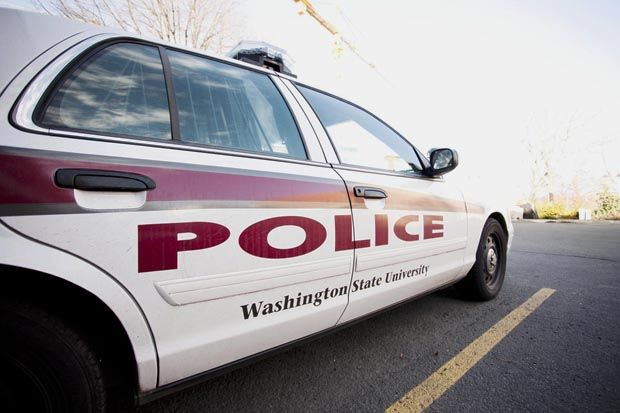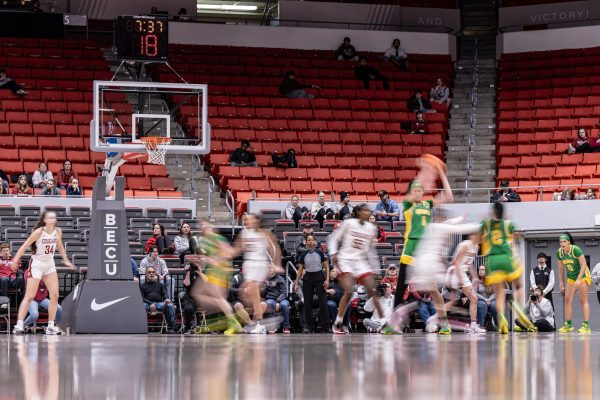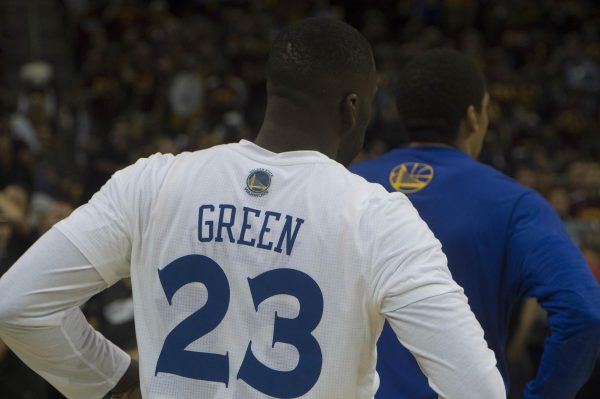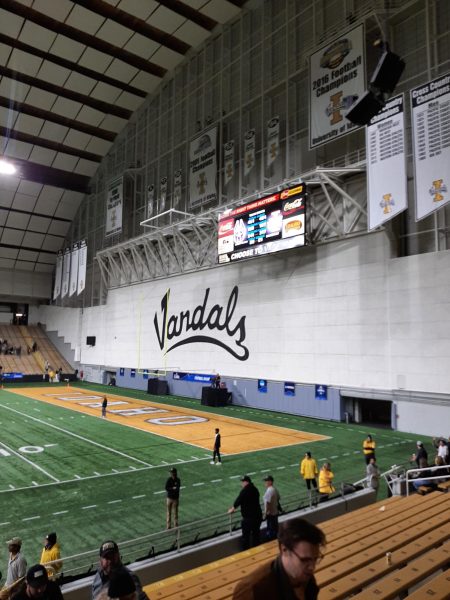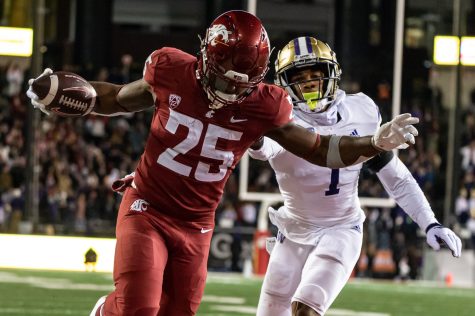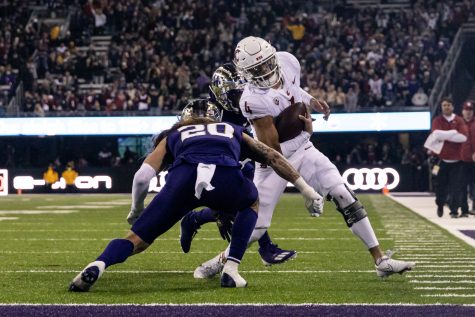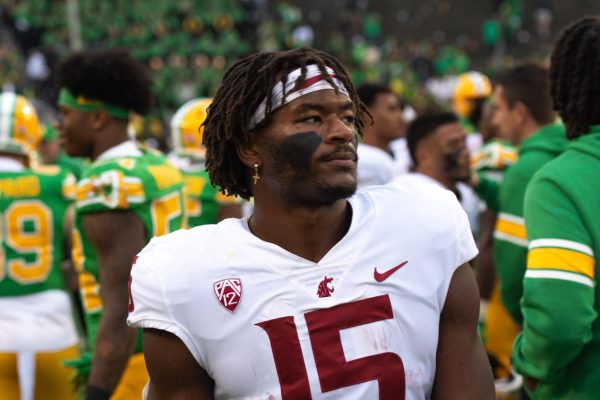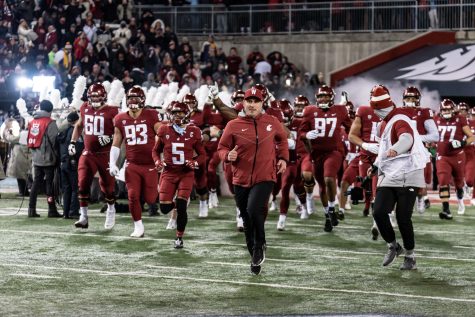The price to pay for students’ safety; arm private campus police
Campus police on public universities like WSU are often fully-sworn police officers, while private universities tend to employ non-sworn security personnel.
February 12, 2015
When it comes to campus security, most private colleges find it cheaper to outsource.
A report released by the Bureau of Justice Statistics (BJS) last month found that only 38 percent of private universities used sworn police officers with full arrest powers in 2012. This figure jumps to 92 percent for public universities, which use fully-sworn officers authorized to carry guns, pepper spray and batons.
Most of these private schools’ security forces work closely with local law enforcement, but more colleges should prioritize funding towards employing fully sworn – and fully armed – campus police officers.
When campuses rely on external law enforcement, student safety suffers, especially with regards to emergency response rates.
A study titled “Arming University Police Departments: best practices and lessons learned” from CNA Analysis and Solutions looked into the issue of outsourcing police work off-campus and how it could be detrimental in emergencies.
“Some universities, particularly those in rural areas, may experience longer response times,” the study indicates.
City law enforcements are generally responsible for a larger jurisdiction, so they can’t always prioritize campus calls. According to American Police Beat, the average response time for city police is 10 minutes, a number the BJS says drops significantly for campus-only officers.
The trade-off for schools that don’t employ their own officers comes down to money, an irresponsible decision that compromises the safety of students.
Consider that the entry-level salary of a sworn police officer in Seattle is $69,240 annually, according to the city’s government website. Comparatively, the median salary of an unsworn security officer in Seattle is $30,341, according to Salary.com.
Police departments at public colleges receive their funding from the state, rather than directly from the universities they serve. Private schools pay out-of-pocket for security. Corners get cut. Cheaper employees start to make sense.
The money is there, it’s just going elsewhere. Seattle University, a private school of 7,273 students, does not use sworn officers, but instead employs 20 uniformed campus public safety officers. The school works in conjunction with the Seattle PD (which I’m sure has nothing else on its plate).
Math time: using all aforementioned average figures, it would cost Seattle University $777,980 in salaries to “upgrade” to fully sworn officers. The school’s annual operating budget is $190 million. The change would account for 0.41 percent of the budget. Even factoring additional equipment and training costs, this figure is miniscule compared to the advantages of increasing safety for students.
So why are these private schools getting away with it?
Big, catastrophic, low-probability, high-impact tragedies happen mostly at public universities. These incidents garner media attention, which in turn puts pressure on public schools to have the best possible response plans and personnel. We’ve all heard about shootings at Virginia Tech, University of California Santa Barbara, and Florida State University. Just last Tuesday, a shooting left three students dead in an apartment complex by the University of North Carolina Chapel Hill campus.
These crimes usually happen at public universities, and though they’re rare, they bring in a lot of coverage. This drives public sentiment in a way that pushes public schools to arm their police forces in a way that just doesn’t pressure private colleges.
Never mind that private schools are actually more dangerous.
The BJS study reports that private universities outstrip their public counterparts in violent crimes per capita, with 42 crimes per 100,000 students in public schools and 53 per 100,000 at private ones.
To put it into local perspective: the 19,989 students enrolled at WSU in 2012 saw six forcible sex offenses, one robbery and five arsons. The same year, the 7,781 students at Gonzaga witnessed eight forcible sex offenses, two aggravated assaults and two arsons.
That amounts to one violent crime per 648 students at the private school and one violent crime per 1,666 students at the public school. These are crimes that unsworn security officers don’t have the legal clout to handle, and instead need to wait on the local police to respond.
Until students, parents and faculty at private universities start rattling the bars and making some noise, their safety will continue to be treated as a secondary concern by administrators who buy the bargain brand.

